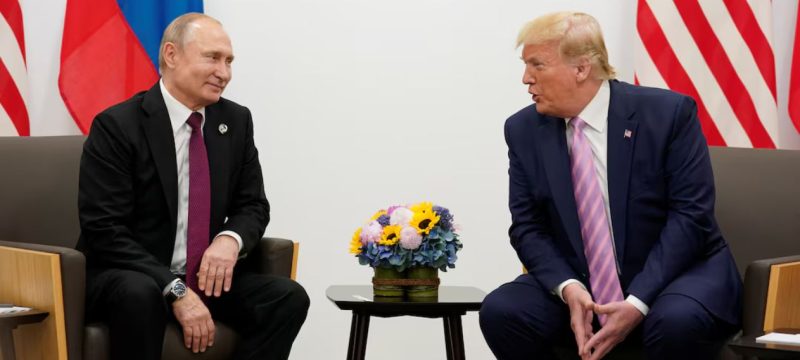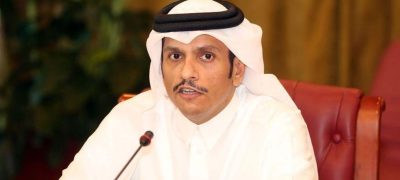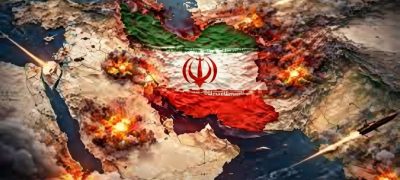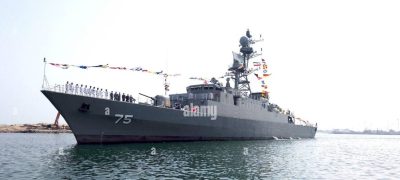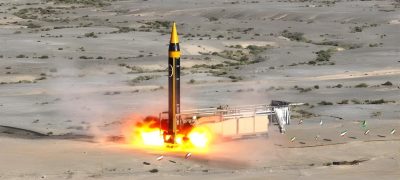U.S. President Donald Trump and Russian President Vladimir Putin have both indicated they will not attend the potential first direct peace talks between Moscow and Kyiv in three years, scheduled for Thursday. Instead, the Kremlin announced it would send a delegation of seasoned officials.
Putin proposed the talks on Sunday, suggesting direct negotiations with Ukraine in Istanbul without any preconditions. On Wednesday night, the Kremlin revealed that the Russian delegation would include presidential adviser Vladimir Medinsky and Deputy Defence Minister Alexander Fomin, but Putin himself was not listed among the attendees.
Read more: Zelensky Invites Putin to Peace Talks in Istanbul Amid Ceasefire Push
Following the Kremlin’s announcement, a U.S. official confirmed that Trump, who is currently on a Middle East tour, would also not participate, despite earlier indications that he was considering attending.
Putin never confirmed his personal attendance, and the absence of both Russian and U.S. presidents has lowered hopes for any major progress in resolving the conflict that began when Russia invaded Ukraine in February 2022.
Ukrainian President Volodymyr Zelenskiy had publicly challenged Putin to attend the talks “if he’s not afraid,” seemingly trying to demonstrate to Trump which side is more committed to peace. Zelenskiy was traveling to Turkey on Wednesday but stated that Ukraine would only engage in talks if Putin was present.
In his nightly address, Zelenskiy said Ukraine would decide its next moves regarding the talks once Putin’s participation was clear. He emphasized that the reasons behind the war and its resolution rest with Moscow and stressed the global community’s role in ending the conflict.
Trump is advocating for a 30-day ceasefire to temporarily halt Europe’s largest land war since World War II. A Russian lawmaker mentioned that talks might also include a significant prisoner exchange. Zelenskiy supports an immediate ceasefire, but Putin insists that negotiations must first begin to discuss the details.
Increasingly frustrated with both sides, Trump said he is “always considering” imposing secondary sanctions on Russia if it blocks the peace process. U.S. officials have mentioned potential financial sanctions and restrictions on Russian oil buyers.
The U.S. delegation to Turkey includes Secretary of State Marco Rubio and senior envoys Steve Witkoff and Keith Kellogg. Ukrainian Foreign Minister Andrii Sybiha met with Rubio to share Zelenskiy’s peace proposals and coordinate positions during this crucial week.
Medinsky and Fomin, who are part of the Russian delegation, participated in earlier negotiations at the start of the war. The delegation also includes other senior military and intelligence personnel.
The last direct talks between Ukrainian and Russian negotiators took place in Istanbul in March 2022, shortly after Russia launched its “special military operation” to eliminate what it called neo-Nazi forces in Ukraine.
Ukraine and its allies view the invasion as an unprovoked and imperialistic land grab. With Russian troops currently controlling about 20% of Ukraine, Putin has made few concessions so far. In his weekend proposal, he emphasized that the talks in Turkey aim to achieve a lasting peace.
Putin referred to the 2022 talks and the failed draft agreement, which would have required Ukraine to adopt permanent neutrality in exchange for security guarantees from the five permanent U.N. Security Council members—Britain, China, France, Russia, and the U.S.—as well as countries like Belarus, Canada, Germany, Israel, Poland, and Turkey.
However, Ukrainian officials say that accepting permanent neutrality is a red line they will not cross.


